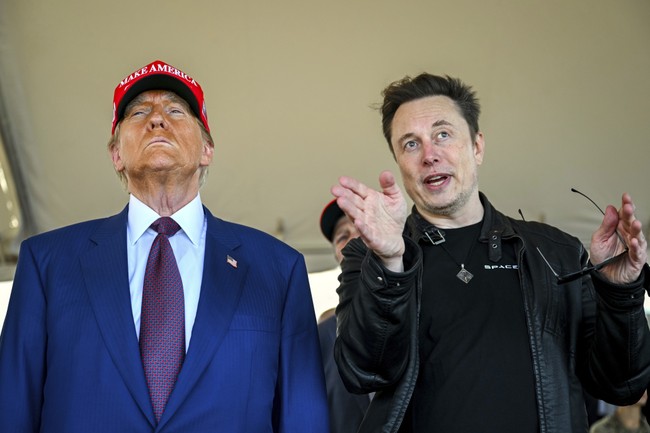South Korea's Political Turmoil Deepens: Yoon's Impeachment and Protests
In a dramatic turn of events, South Korea faces intense political turmoil as President Yoon Suk Yeol's impeachment sparks protests, legal battles, and a controversial martial law declaration.
Published January 10, 2025 - 00:01am

Image recovered from irishtimes.com
South Korea is witnessing a period of significant political upheaval as President Yoon Suk Yeol finds himself at the center of a constitutional and legal storm. The unfolding saga began when Yoon declared martial law on December 3rd, a move that swiftly backfired, leading to his impeachment by the nation's parliament. The political unrest has since been marked by a fierce tug-of-war between governmental institutions, legal interpretations, and public opinion.
Antony Blinken, the U.S. Secretary of State, visiting South Korea amidst the chaos, emphasized the United States' confidence in South Korea's democratic process. He acknowledged concerns over President Yoon's actions during his martial law declaration and assured that the situation underscores the resilience of South Korea's democratic institutions, reflecting a robust adherence to constitutional principles.
The declaration of martial law and subsequent impeachment has plunged South Korea, a key democratic ally in Asia, into uncharted territory. As legal proceedings continue, the Corruption Investigation Office for High-ranking Officials (CIO) is investigating potential charges of insurrection against the suspended President. This has triggered a contentious legal debate over the CIO's authority, which Yoon's legal team argues is overreaching, claiming the investigation and the accompanying arrest warrant are “illegal” according to South Korean law.
As the nation grapples with the legal implications, the streets of Seoul have become the stage for heated demonstrations. Supporters of Yoon, including a group led by Pastor Jeon Kwang-hoon, rally for his reinstatement, displaying conservative symbols such as red light sticks and waving both the Korean and American flags. They challenge the validity of the detention warrant, arguing it's politically motivated. Conversely, anti-Yoon protesters demand his immediate arrest and have been calling on the authorities, especially the swift action by the anti-corruption agency, to uphold the rule of law.
The South Korean judiciary has played a pivotal role in the ongoing drama, with the constitutional court deliberating whether to uphold Yoon's impeachment permanently. Meanwhile, the warrant for Yoon's arrest has been a catalyst for public demonstrations, with both pro and anti-Yoon factions maintaining a constant presence near the presidential residence, separated by police cordons to prevent clashes.
Within the legal corridors, debates rage over jurisdiction and the appropriate application of South Korea's laws concerning high-level governmental misconduct and public safety. Yoon's legal representatives have continued to challenge the legal process, citing misinterpretations of law and mishandling of the case by the judiciary. Yun Gap-geun, a prominent member of Yoon's legal team, expressed concerns about the potential for unlawful detention given the contentious legal framework being applied.
The situation remains tense as the anti-corruption office, supported by military and police forces, strives to execute the arrest warrant, facing stiff resistance from presidential security personnel. The ensuing standoff points to broader tensions within the South Korean political landscape, where executive authority, legislative oversight, and public accountability intersect in complex and often contentious ways.
As speculation continues over Yoon's future, the nation's focus is on the forthcoming constitutional court's decision, which will decide whether to permanently remove him from office or reinstate his presidential powers. The implications of this decision stretch beyond Yoon himself, symbolizing a critical moment for South Korean democracy as the nation grapples with ensuring the integrity and effectiveness of its democratic institutions.






